The Anunnaki is one of the most interesting figures in ancient mythology. Sumerian mythology is the greatest influential literature on religious beliefs, with questions about the origin of man and our position in the universe. Below explores the history of the Anunnaki, their purpose, actions with regards to human beings, and the legacy they left behind.
Table of Contents
Origins of the Anunnaki
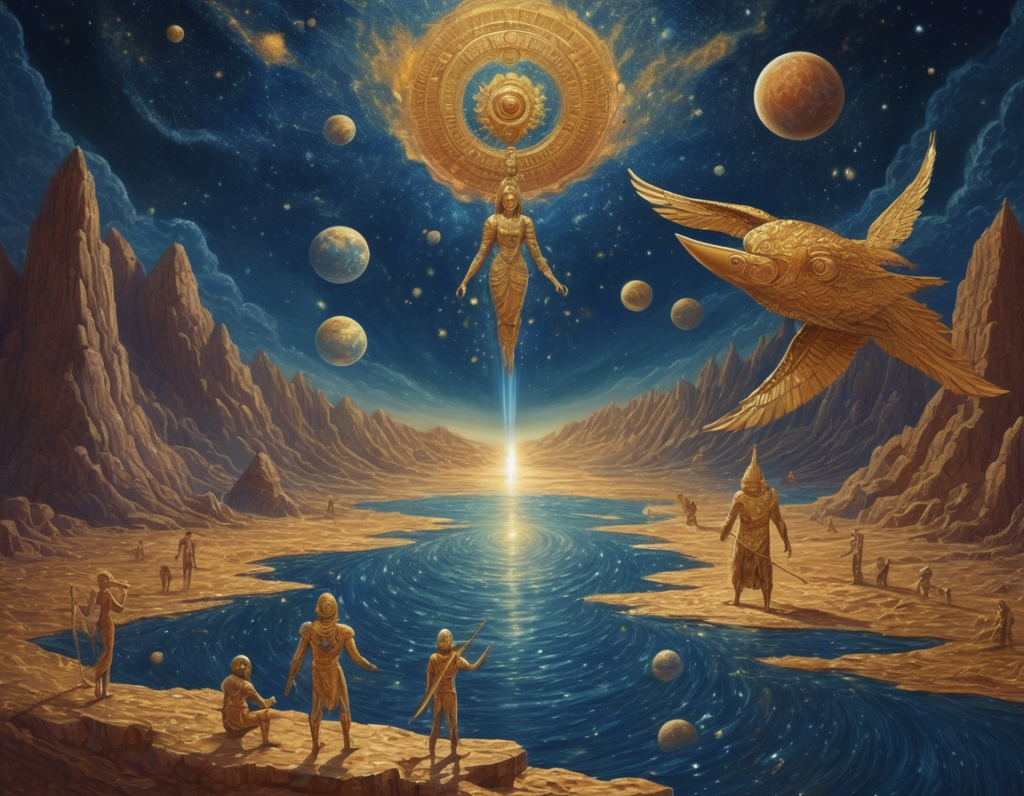
The Cosmic Origins
The story of the Anunnaki is much older than that of human civilization. According to their mythology, the Sumerians claimed that the universe began with chaos. From these primordial cosmic waters, Nammu emerged as a goddess. She bore a son and daughter: the former, Anu, god of the sky, and the latter, Ki, goddess of the earth. Together they begat the Anunnaki, a set of powerful gods that were to ensure order in cosmos.
Where Did They Come From?
According to some of these theories, the Anunnaki were from a far-off planet known as Nibiru. This far-off planet supposedly has a very long, elliptical orbit around our Sun. According to some beliefs, the Anunnaki came to Earth as miners in search of gold that they needed to repair their atmosphere. Such kinds of authors include Zecharia Sitchin, who claims that the Anunnaki were not gods but rather other advanced extraterrestrial beings.
Purpose of the Anunnaki
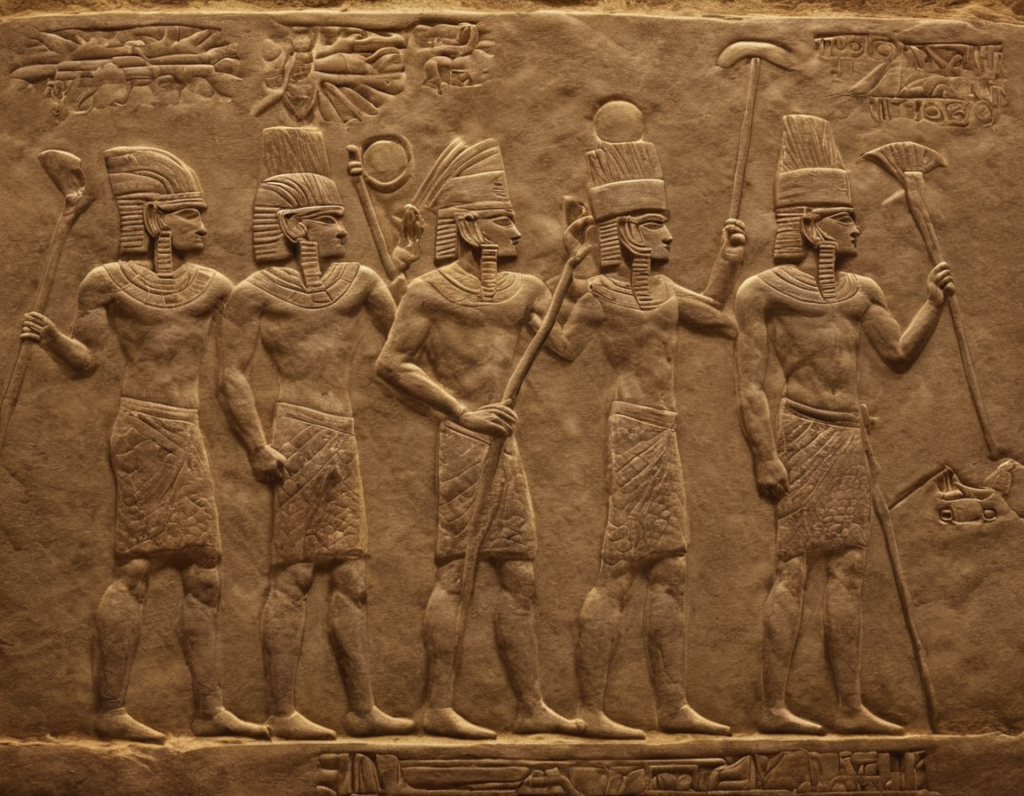
Protectors of Civilization
The primary goal of the Anunnaki was to oversee the start of civilization on Earth. They were perceived as protectors who imparted essential knowledge and skills to humans. The Sumerians gave credit for the civilization of their land to the guides provided by the Anunnaki; they showed them how to farm, write, calculate mathematics, and perform other important skills for survival in everyday life. It led to a harmonious culture.
Why Labor?
Initially, the Anunnaki themselves did most of the work like agriculture and mining. As the life on earth flourished and the Anunnaki had to put more effort, they got exhausted by the physical labors. Therefore, they decided to have a workforce; this was one of the primary motivations to create humanity. It is told by the Sumerian myths that the Anunnaki wanted to free themselves from all these burdens while at the same time remaining as the superior creations.
The Creation of Humanity
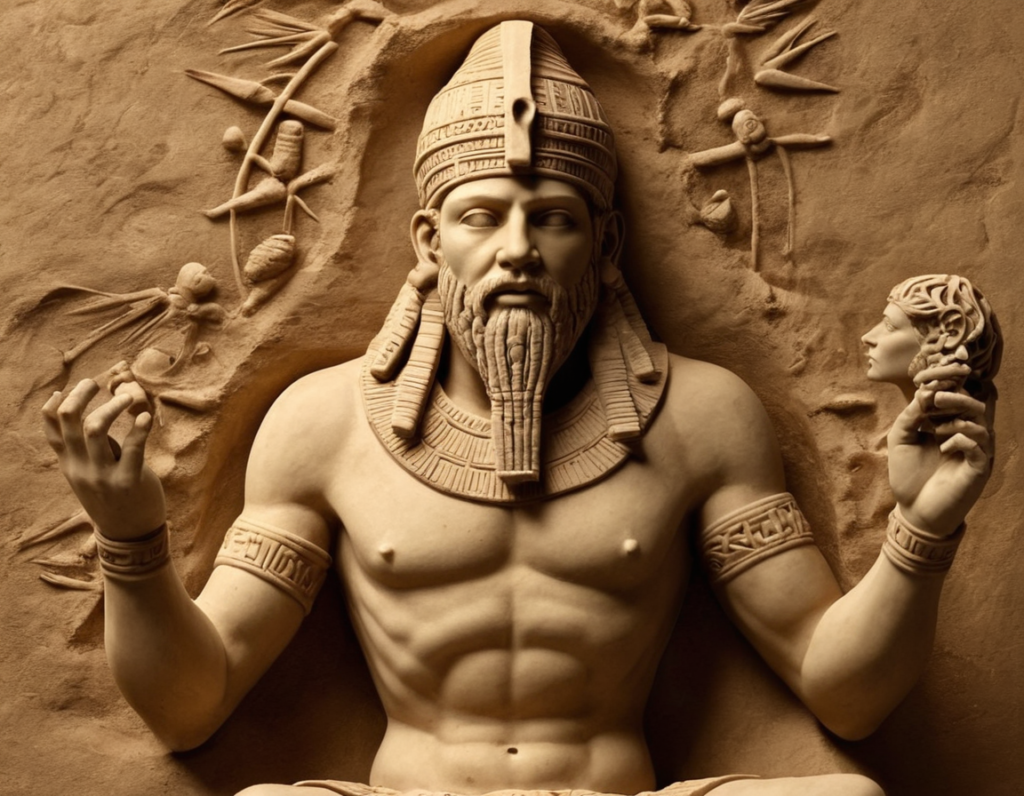
The Sumerian Creation Story
The council by Anunnaki offered to give man their first form. The god Enki, who was wise, was assigned the duty of providing the first human. From earth clay, Enki first created man and gave him divine breath. It was not the creation of the work force alone but a more profound acknowledgment and consent to link gods with humanity.
Genetic Manipulation
Some versions of Sumerian writings explained that the Anunnaki could have genetically engineered early hominids. The Hypothesis stated that they had intended to alter the DNA in a way that would make early hominids smarter and more capable for various tasks in order to help them aid the Anunnaki. This is a rather interesting question as far as the human race is concerned. Were we created just for the service of the Anunnaki, or was there more in us which they knew and cultivated?
The Role of Anunnaki in Human Society
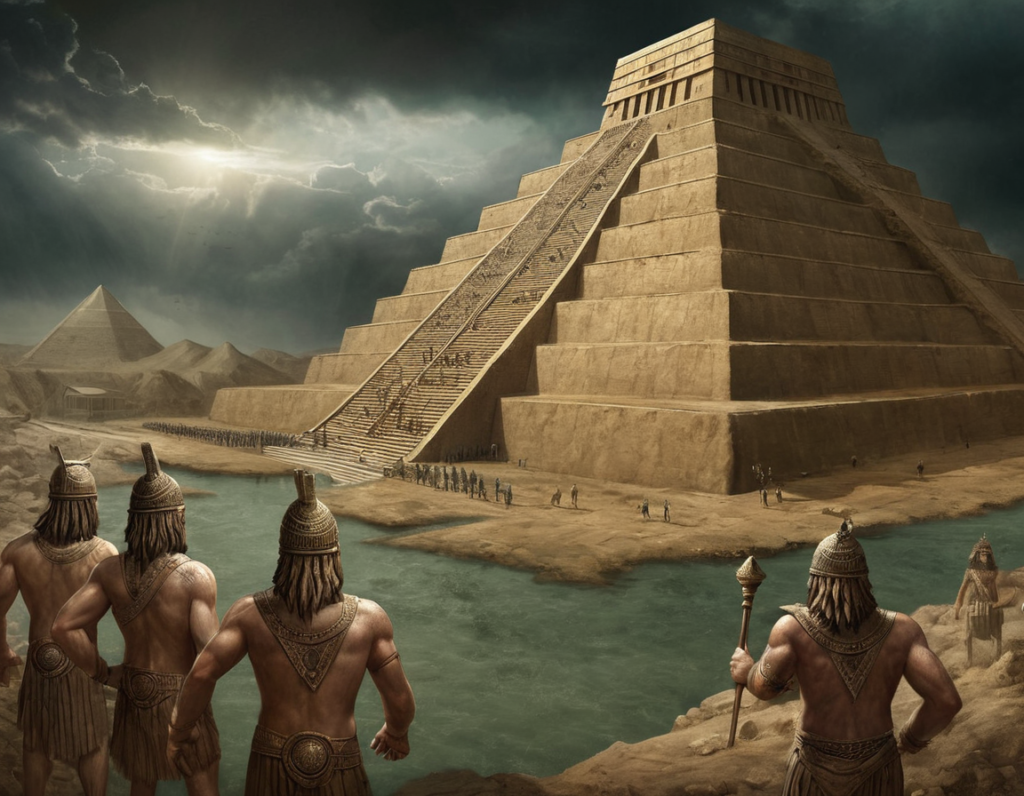
Teaching and Counseling
Following the creation of man, the Anunnaki resumed their roles of teaching and counseling. They introduced people to agriculturals practices and information on astronomy, mathematics, and architecture. Thus, the construction of monumental structures, for instance, the Ziggurat of Ur speaks to the presence of the Anunnaki in early achievements.
The Great Flood
As did the humans, so did their sense of self and independence. Unfortunately, this often meant a turn to rebellion, too. The myth of the Great Flood typifies this struggle. In this Sumerian epic, the god Enlil decreed that humans had become too noisy and unruly. He plotted a flood to cleanse the earth of its disobedient denizens. Only a few, like Utnapishtim (the Noah-like hero), would be saved to repopulate the earth.
Withdrawal of the Anunnaki
It seems that after the flood, the Anunnaki withdrew from direct contact with humans. They left behind their wisdom and a more cautious approach to human affairs. This separation might indicate that humanity had become mature, so that it was now up to humans to control their fate.
Legacy of the Anunnaki
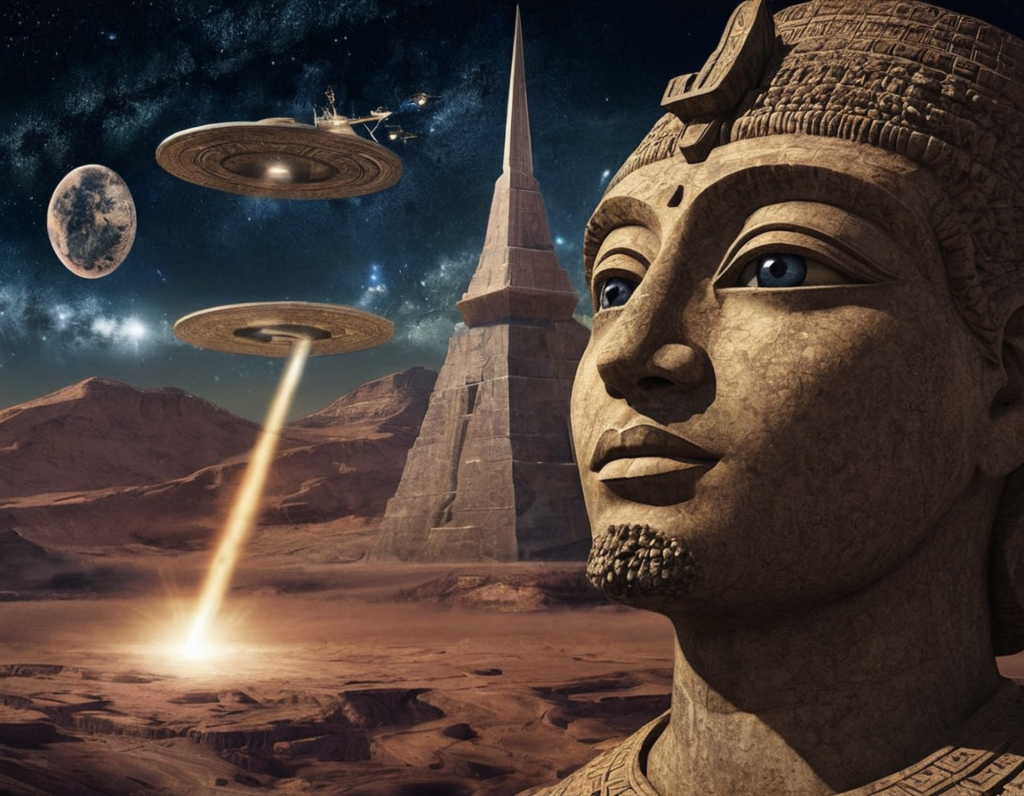
Influence on Later Civilizations
The legacy of the Anunnaki did not end there. The stories and teachings of the Sumerians were passed on to later civilizations, including the Akkadians, Babylonians, and Assyrians. Myths of the Anunnaki run throughout the lore of each of these civilizations, showing how their influence was long-lived.
Ancient Astronaut Theories
Indeed, in this new era, the Anunnaki have emerged to become the very center of ancient astronaut theories. They believe that the early humans were extraterrestrial visitors who handed over advanced technology with them. In doing so, it also raises questions in one’s understanding of history and elevates the question of communication between the old ages and highly advanced beings from other worlds.
Reflection on Origins; The Search for Understanding
The Anunnaki tale calls for reflection on our origins and our space in the universe. Are we simply creatures of divine intervention or possess some quality within ourselves that could go beyond our origins? According to all that we may learn about our past, the Anunnaki remind us of whatever remains still left to be known.
Conclusion
The Anunnaki history can only be understood as the story of the old gods, but it itself is a reflection of the relentless endeavor of humanity to know more. It throws out questions regarding our existence and purpose that derive from their story-creation, guardianship, and caution.
As we read into the history of the Anunnaki, it moves us to question ourselves in the universe. What are your thoughts about the influence that the Anunnaki had on the human civilization? Let’s hear your thoughts and theories in the comments!
